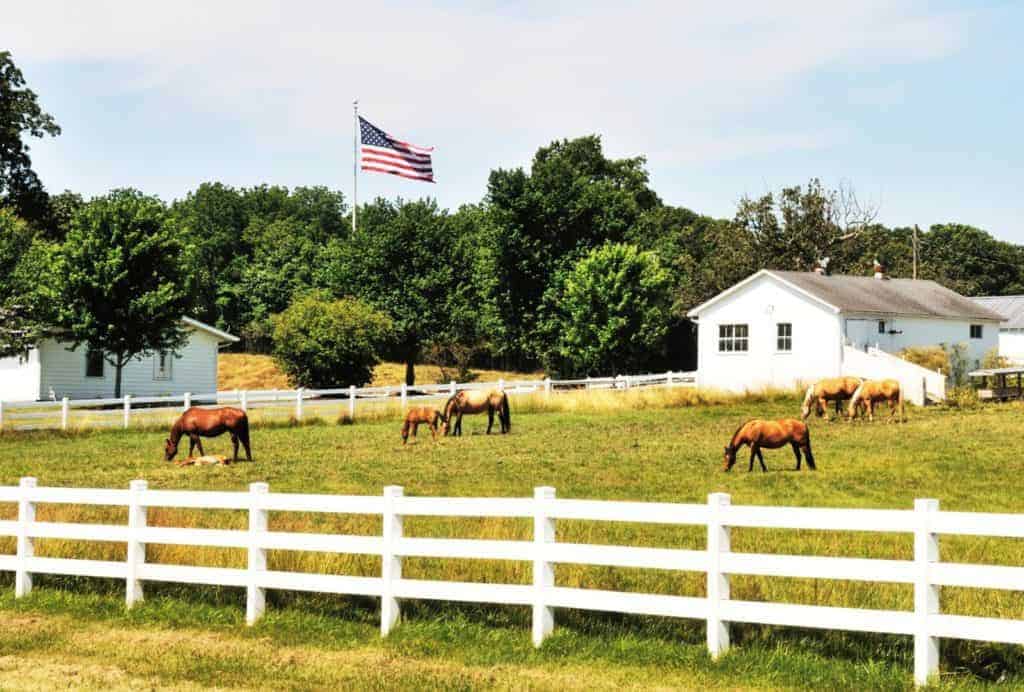
Study Looks at Racehorses’ Transitions to Second Careers
The study indicates indicates a large percentage of horses are acquired from their owners, not auctions.

The study indicates indicates a large percentage of horses are acquired from their owners, not auctions.
TCA supports Thoroughbred retirement, rescue, research, and helps the people who work with ex-racehorses.
The jockey colony has donated almost $6,000 to the Thoroughbred Retirement Foundation (TRF) in 2013.
More than 20 accredited racehorse retirement facilities will share in $1 million in grants.

Dr. Bob Mealey of Washington State University, College of Veterinary Medicine describes the roadblocks to adopting working equids from developing countries.
Horse rescues could soon be able to consult a nationwide animal abuser registry before adopting animals out.

Several organizations help military soldiers and veterans as they give new life to horses in need.

This Veteran’s Day, consider honoring the war horses that sacrificed it all for us by helping horses in need.
The Thoroughbred Aftercare Alliance hired James Hastie as its executive director, effective Nov. 18, 2013.

Some of racing?s stars are pledging a percentage of their Breeders’ Cup earnings to Thoroughbred aftercare.
Two aftercare organizations will be providing wristbands that show their support for retired Thoroughbreds.
Trainers showed off new skills developed by former racehorses in 15-minute presentations.
The first national symposium dedicated to second careers for former racehorses will take place this weekend.
New Vocations received a $15,000 grant from the ASPCA to aid in rehabilitating Thoroughbreds off the track.
The Rescuing Racers Initiative aids in the rescue and rehabilitation of retired racehorses.
Proceeds go directly to the care and training of ex-racehorses that have been donated to CANTER Mid-Atlantic.
Stay on top of the most recent Horse Health news with
Notifications